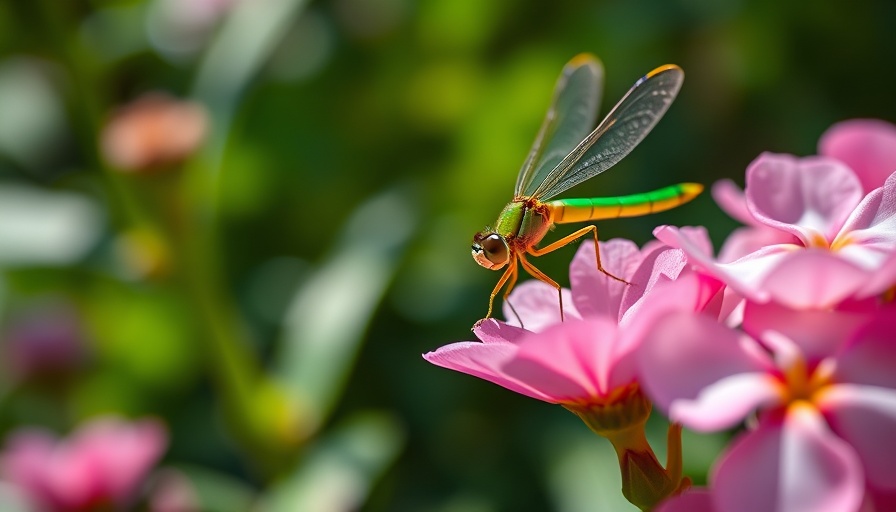
The Heartfelt Connection Between Nature and Humanity
The relationship we maintain with our natural environment is intricately woven into our daily lives, influencing our mental and emotional wellbeing. As homeowners in a modern world increasingly dominated by technology, the importance of nurturing nature right outside our doors cannot be overstated. Amy Campion's article about the apple tree next door exemplifies how a simple tree can evoke a multitude of emotions, memories, and deep connections to both place and community.
Impacts of Neglected Nature on Community and Wildlife
When trees, like the apple tree discussed by Campion, suffer from improper pruning or are lost to development, the repercussions ripple throughout the ecosystem. They not only affect the immediate community's aesthetic but also disrupt habitats for countless creatures. As expressed in various poignant responses to Campion's article, the loss of a beloved tree can evoke strong feelings of sadness, anger, and frustration among neighbors who witnessed the changes. The displacement of wildlife leads to increased competition for limited resources, affecting everything from pollinator populations to local biodiversity.
Practical Tips for Caring for Your Apple Tree
Caring for an apple tree goes beyond just good intentions; it requires dedication and knowledge. From pruning to pest management, here are some tips to maintain a productive apple tree:
- Prune Properly: Focus on removing dead or diseased branches while ensuring you do not hack away at the tree's core structure, as described by an individual sharing their experience with an old apple tree. Make pruning cuts near the trunk to encourage healthy growth.
- Control Pests Naturally: Emphasize the use of natural pest deterrents, such as insecticidal soap or neem oil, to mitigate health risks to pollinators.
- Encourage Biodiversity: Plant companion crops and a variety of native plants around your tree to help restore balance in your yard's ecosystem.
The Emotional Toll of Environmental Neglect
The narratives around tree-related experiences shared on Campion's blog touch upon a broader emotional and psychological toll that environmental neglect can take. Trees often symbolize endurance and resilience, but when they are mistreated or removed, the emotional consequences can mirror that of losing a cherished friend. One respondent recalled their frustration upon seeing once-thriving trees cut down, a choice driven by profit at the expense of wildlife and community stability.
Future Trends: Environmental Stewardship and Home Design
As society grapples with the implications of climate change, the push for environmental stewardship continues to gain momentum. Homeowners are increasingly favoring designs that integrate sustainable practices, such as planting native trees and creating habitats for wildlife. The Resilient Landscapes trend emphasizes designing homes and gardens to benefit both humans and the ecosystem while encouraging community engagement through green spaces.
Take Action: Foster Your Connection to Nature
In a world of bustling activity and technological distractions, embracing the natural elements that surround us brings a myriad of benefits. Many homeowners in the $100,000+ income bracket are seeking ways to refine their landscapes into havens of tranquility and biodiversity. Start small: plant a native apple tree, promote pollinator-friendly plants, and engage with neighbors to create a community gardening project. Each little step contributes to more harmonious living with nature.
Fostering a connection with nature is not just about aesthetics; it's an investment in our health and the wellbeing of future generations. By nurturing not only our gardens but also our communities, we can reclaim the beauty of our natural surroundings and ensure that we live harmoniously with all living beings.
 Add Row
Add Row  Add
Add 




 Add Row
Add Row  Add
Add 

Write A Comment